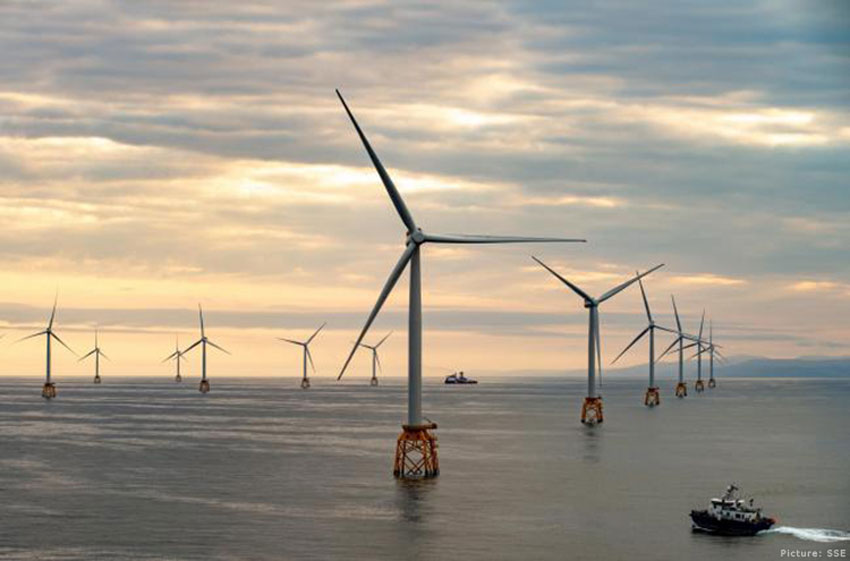World leaders and Vietnam announced on 14 December an ambitious new Just Energy Transition Partnership to support the ASEAN member state’s green transition.
The UK, the European Union, the US, Japan, Canada, and Norway created the Just Energy Transition Partnership (JETP) which is expected to mobilise an initial $15.5 billion of public and private finance over the next 3 to 5 years. The Partnership will support Vietnam to deliver on its Net Zero 2050 goal, accelerate the peaking of its greenhouse gas emissions, and transition away from fossil fuels to clean energy, the UK government said in a statement.
The JETP will help Vietnam in reaching the following targets: bring forward the projected peaking date for all greenhouse gas emissions from 2035 to 2030, and reduce peak annual power sector emissions by up to 30 percent, from 240 megatons to 170 megatons, and bring forward the peaking date by five years to 2030. The partnership will also support Vietnam to limit its peak coal capacity to 30.2 gigawatts (GW), down from a current planning figure of 37 GW, and accelerate the adoption of renewables so that renewable energy accounts for at least 47 percent of electricity generation by 2030, up from the current planned generation share of 36 percent.
Vietnam is the third country to launch a JETP, following the launch of the South Africa JETP at COP26 and the Indonesia JETP at this year’s G20 Leaders’ summit.
“Viet Nam is a dynamic, emerging economy at the heart of South East Asia. The investment we are making today means the country can cut its emissions while simultaneously creating new jobs and growth,” UK Prime Minister Rishi Sunak said.
The President of the European Commission, Ursula von der Leyen, said, “Viet Nam can boost renewable energies and enhance its energy security and autonomy. We will help Viet Nam to start reducing its greenhouse gas emissions five years earlier than planned, and dramatically reduce its coal power use.”

